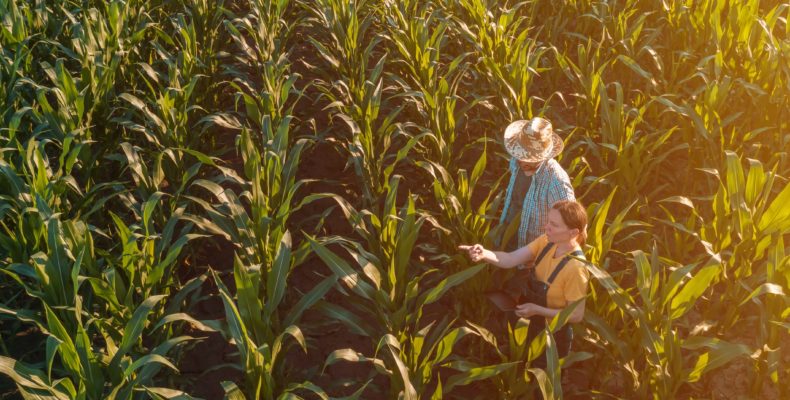
Top five trends in agtech 2020
According to The United Nations the world’s population is expected to increase by two billion people in the next 30 years, from 7.7 billion currently to 9.7 billion in 2050, and could peak at nearly 11 billion around 2100. That’s a lot of mouths to feed.
Since the millennium, global demand for food has increased steadily in line with the world’s population. Today the focus of farming is to employ technology that will ensure the sustainable management and utilisation of finite resources. So what are the top five 2020 trends in agtech and how will they help maximise yield:
Hydroponics
This is a method by which crops are grown in mineral-rich water, making the growth cycle up to 95 per cent more water efficient than traditional horticulture. Aquaponics takes this technique even further, where plant and fish farming is brought together on a recirculating system.
Precision farming
Intelligent machinery such as yield monitoring harvesters and soil or seed monitors can collect and analyse data to ensure that the position and growth of every plant is optimised. Individual plants can be highlighted so that steps can be taken to address issues on a plant by plant basis.
Farming drones
Drones along with satellite imagery can be used to track crop health on a daily basis. Crop health, soil conditions and weather can be gathered to determine optimal seed densities, planting and harvest timings. These macro data streams can also be collated and used to create individualised field data and strategies for the farmer.
Urban agriculture
Following in the innovative footsteps of Singapore and Dubai – both of whom are reliant on importing up to 90 per cent of their food – cities are setting up urban market gardens, both above and below ground. Unlike your average field, these are state-of-the-art factories where floor space is optimised by stacking the plants. Using a combination of hydroponics and specialist LED lighting to optimise photosynthesis, highly populated urban areas are now able to provide locally grown lettuce, radishes and strawberries to their populations.
AI: Artificial Intelligence
Automated robotic harvesters may become a common sight in tomorrow’s fields, working alongside the human picker. Artificial Intelligence (AI) is already playing a significant part in assisting farmers by overcoming traditional agricultural challenges in every area of the industry. AI is set to continue to be strongly embraced in order to improve efficiency, while at the same time helping reduce any adverse environmental impact.
Clearly, the future of this industry will rely heavily on inventing and implementing new innovative practices to support the drive towards sustainability combined with growing demand. Barker Brettell has extensive experience in helping innovators – from startups to multinational corporations – in the agtech sector. If you want to discuss further how you can protect your invention, you can get in touch with us here or speak to your usual Barker Brettell attorney.


